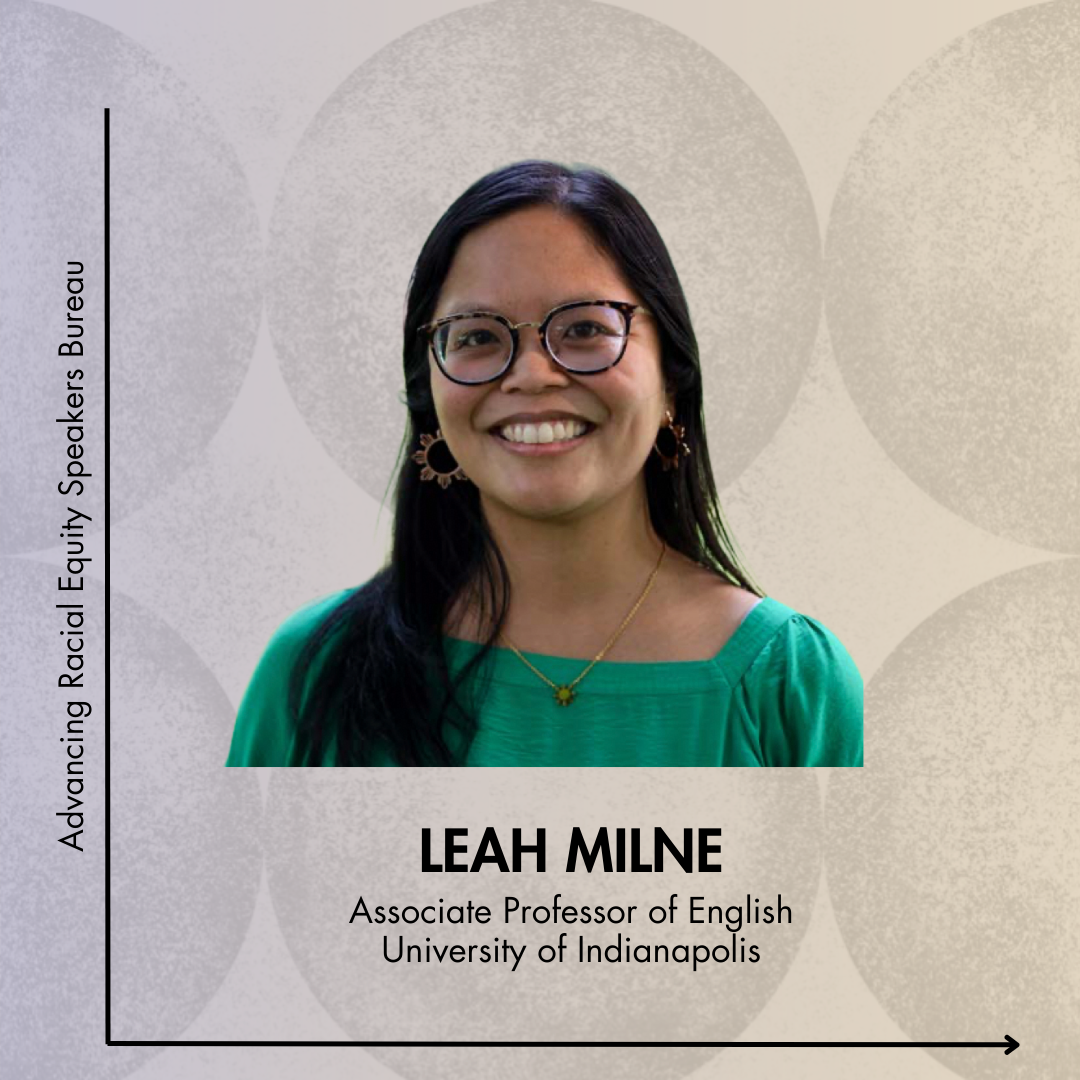Dr. Leah Milne Accepted to Indiana Humanities Speakers Bureau

Written by Addison Campbell
University of Indianapolis Professor Dr. Leah Milne has recently been accepted to the Indiana Humanities Advancing Racial Equity Speakers Bureau. Her acceptance marks a significant recognition of her expertise and commitment to advancing discussions on racial equity. Over the course of 2023-2024, she will be giving talks at public libraries, universities, theaters, and elsewhere throughout the state.
In her first talk, “Mirrors and Windows: Reading for and Beyond Empathy,” Milne explores the connections between reading and empathy, and the benefits of reading outside our comfort zones. Dr. Milne also raised discussions on, What are strategies for reading empathetically?” and also talked about the limits on this approach to empathy, especially when reading across differences of race, ability, and gender. This topic was brought up because of the recent raced based discussions in the U.S, where many readers sought windows, books that offered insights into differing lives and experiences.
The second talk was called, “The Many Lives of Zora Neale Hurston,” Zora Neale Hurston is best known for her 1937 novel, “Their Eyes Were Watching God.” But she was also a prominent anthropologist, researcher, and journalist who indelibly shaped the Harlem Renaissance and made lasting contributions to American history and folklore. In this talk, Dr. Milne discussed Hurston’s journey through the lens of her novels, as well as her ethnographic work, her personal experiences, and her aspirations.
When asked about what this opportunity means to her, Dr. Milne said, “The intercultural and interdisciplinary analyses that the humanities provide are needed now more than ever, especially when it comes to complicated, open-ended issues such as advancing equity. I’m honored to lead humanities-based discussions with the public on the important topics of racial equity, literature, and empathy. My talks are still being booked, but at this point, I know I’ll be hosted by at least eight different organizations across the state, which shows a clear need for us to continue having these vital conversations.”
With the extension of her scholarship as well as her work in the classroom, Dr. Milne’s talks are focused on diversity, which is a great example of public humanities as well as service to the community. You can read more about Dr. Milne’s talks here.
